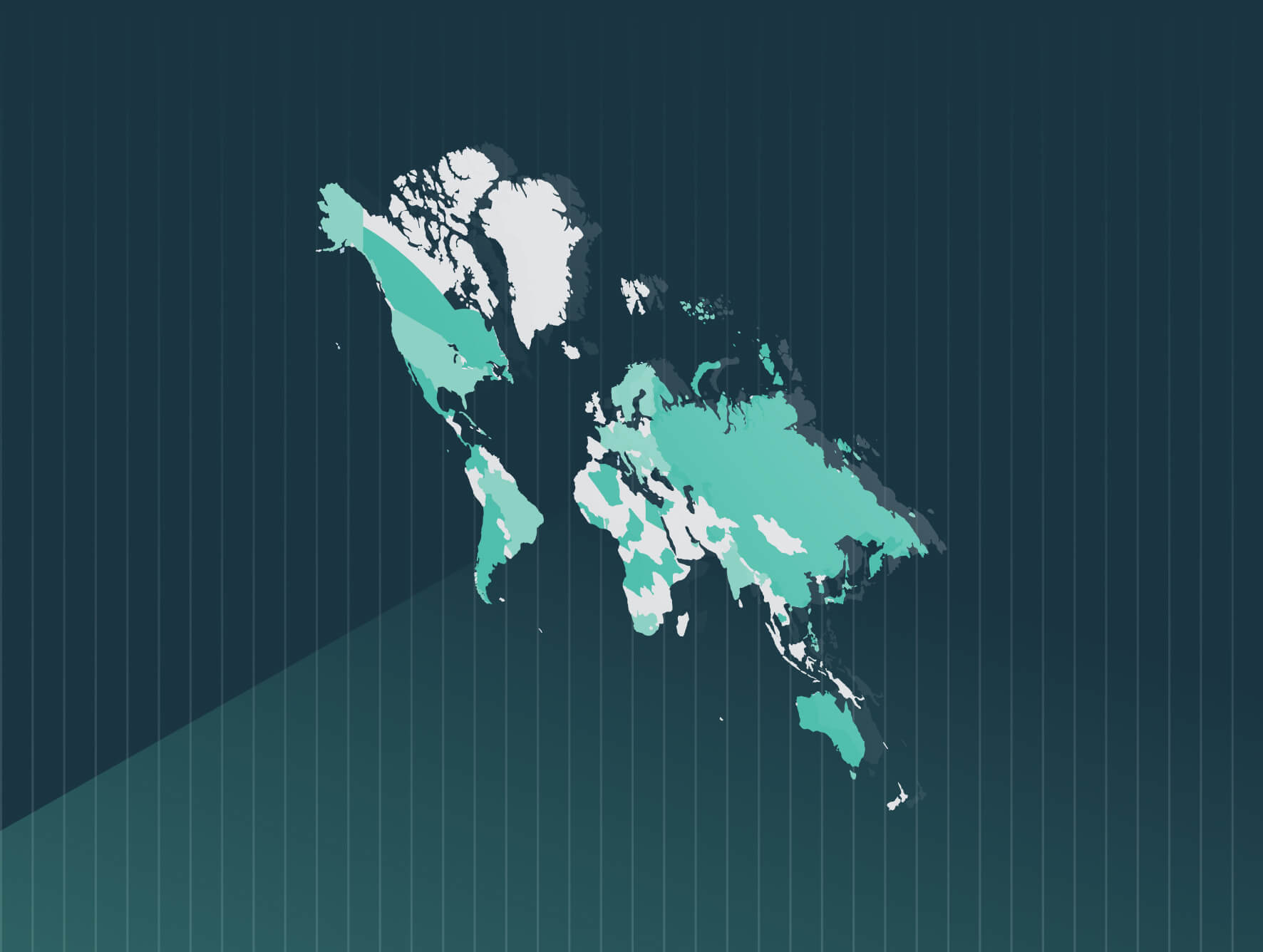Last week Mississippi became the last state in the country to pass a law ensuring workers receive equal pay for equal work.
On Wednesday, April 20, Governor Tate Reeves signed House Bill 770 into law. The new equal pay law will take effect on July 1. The Mississippi Equal Pay for Equal Work Act marks a legislative milestone for the Magnolia State and the rest of the country.
The law, known as HB 770, has evolved since we covered it earlier this year. It prohibits employers from paying employees in the same establishment, but of opposite sexes, different wage rates if they are performing “equal work on a job, the performance of which requires equal skill, education, effort, and responsibility, and which is performed under similar working conditions.”
The Mississippi equal pay law outlines certain exceptions for permitting pay differences, including:
- Seniority system.
- Merit system.
- A system that measures earnings by quantity or quality of production.
- Any factor other than sex.
The law only applies to full-time employees and employers with more than five employees.
The Washington Post reported that proponents of the law say it will “close one of the worst pay gaps in the nation.” The National Women’s Law Center reported in 2018 that women in Mississippi earned 75 cents on the dollar compared with men in the state. For Black and Latina women, the gap stood at 56 and 54 cents, respectively, for each dollar paid to white men.
Mississippi Attorney General Lynn Fitch called the Mississippi Equal Pay Act a “giant leap forward in closing the […] pay gap — that makes it harder for working women and their families, that leads to young Mississippi women taking their talents beyond our borders, and that perpetuates the cycle of poverty in our state.”
While federal laws protect against gender-based pay discrimination, it can be expensive to challenge an employer in federal court. State equal pay bills give employees an avenue for seeking more affordable recourse at the state level.
The Mississippi Equal Pay Law is far less aggressive when compared to pay equity laws being passed in other parts of the country such as California and Illinois. Critics of the bill say it harms equal pay by providing fewer protections than current federal legislation, leaving out race and pay transparency requirements, and reinforcing practices that contribute to the wage gap.
Notably, the law codifies the practice of using salary history to set pay, which is commonly banned in equal pay laws passed by other states. Critics say this perpetuates discrimination by allowing employers to justify lower pay based on salary history or gaps in employment history.
While Mississippi’s equal pay bill may have some weaknesses, it signifies an important moment in the current legislative landscape: The U.S. as a whole is taking a more critical lens to workplace equality. Pay equity enforcement is showing up in all 50 states, and it’s growing increasingly more aggressive.
Employers can get ahead of the curve by conducting a proactive pay equity audit. Trusaic’s PayParity professional services and software solution provides pay equity auditing, diversity, and inclusion software to help your organization examine its pay equity policies, ensure fairness in compensation, and stay in compliance going forward.








